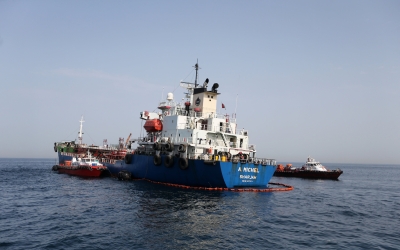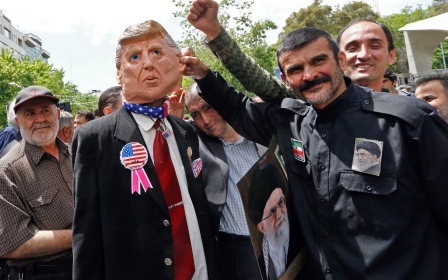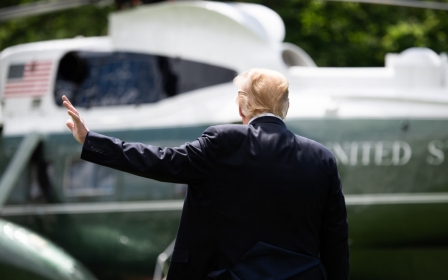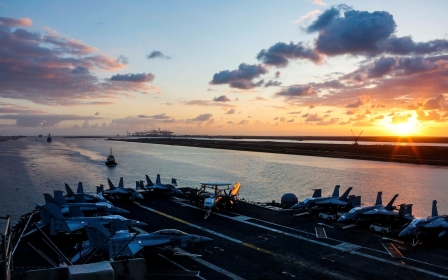UAE committed to 'de-escalation' with Iran, senior official says
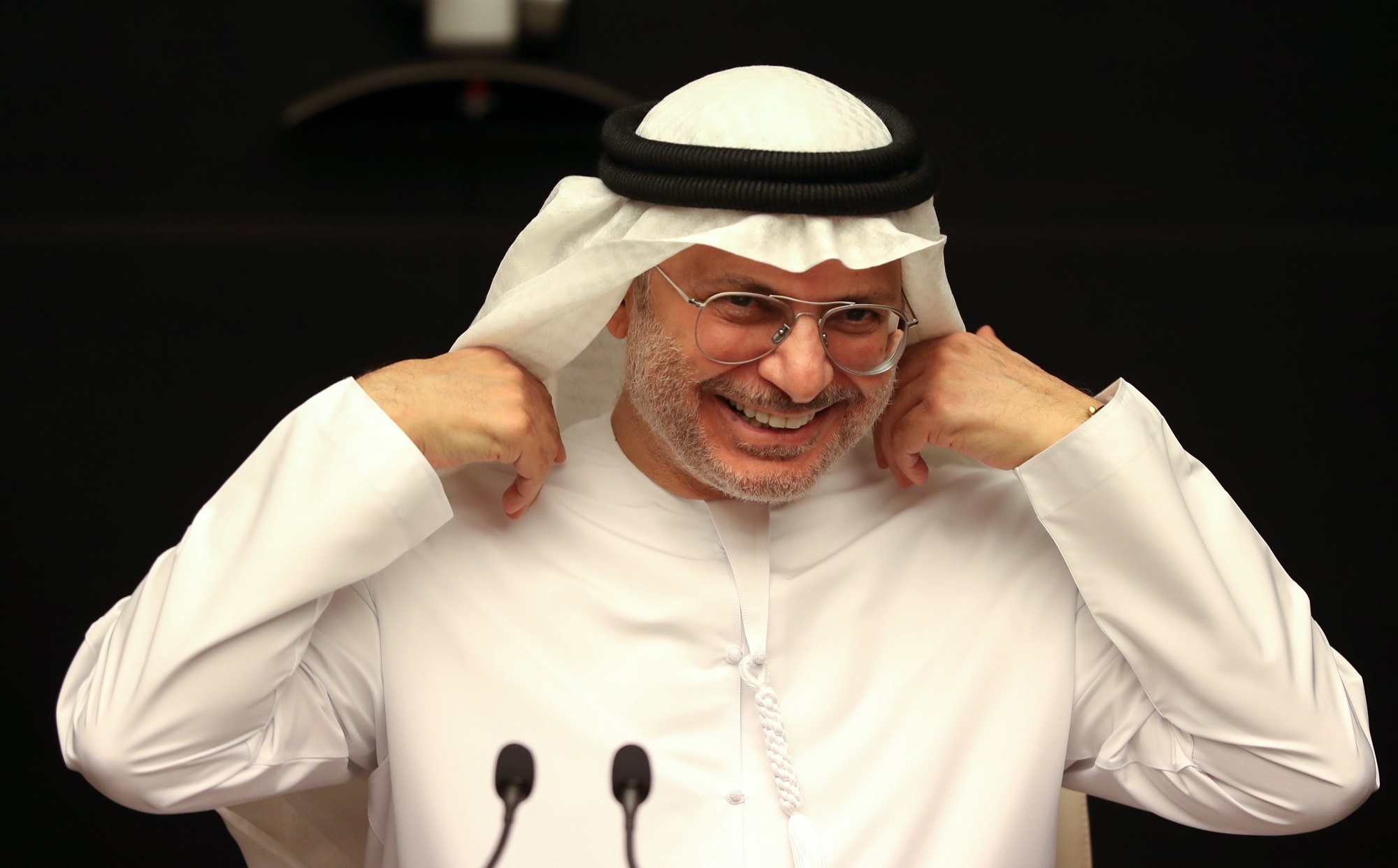
The United Arab Emirates is committed to "de-escalation, peace and stability" with Iran, a senior Emirati official said, amid mounting tensions between Tehran and Washington.
At a news conference on Wednesday, the UAE's minister of state for foreign affairs, Anwar Gargash, also refused to assign blame for the purported sabotage of four commercial ships off the country's coast.
"We need to emphasise caution and good judgment. It is easy to throw accusations but it is a difficult situation, there are serious issues and among them is Iranian behaviour," Gargash said, as quoted by Reuters news agency.
The UAE reported that the ships were sabotaged on Sunday, without revealing the exact nature of the attacks.
New MEE newsletter: Jerusalem Dispatch
Sign up to get the latest insights and analysis on Israel-Palestine, alongside Turkey Unpacked and other MEE newsletters
However, moments after Gargash's news conference, Reuters cited unidentified US officials as saying that they believe Iran either encouraged or gave its "blessings" for Yemen's Houthi rebels or Iraqi Shia militias to carry out the attacks.
Neither group has access to any area close to the Emirati coast, however.
Reuters also did not explain how the American officials could point the finger at two groups that operate more than 2,500km apart - in Iraq and Yemen, respectively - an assertion that signals a potential lack of concrete evidence implicating either the Houthis or the Shia militias.
More importantly, the news agency also said that the unidentified officials acknowledged having no evidence to back up their conclusions.
Iran has denied responsibility for the attacks through its foreign ministry, warning against "plots by ill-wishers to disrupt regional security".
Tensions
Still, on Wednesday, Gargash appeared to back US sanctions against Iran, saying that Washington's support for Saudi Arabia and the UAE is "very strong".
"US sanctions on Iran are biting, and biting in a very effective way," Gargash said.
The Emirati diplomat's news conference comes days after the New York Times reported that US President Donald Trump is considering deploying 120,000 troops to the region to prepare for a possible confrontation with Iran.
The US president dismissed the report as "fake news", but said he would send a "hell of a lot more troops than that" if he wanted to be aggressive with Tehran.
On Wednesday, Trump tweeted that he was "sure that Iran will want to talk soon".
US officials have warned that Iran has plans to attack American troops in the region either directly or through its allies.
In fact, the tensions and accusations between Washington and Tehran may lead to "inadvertent escalation" that could turn into an all-out, deadly war, analysts told Middle East Eye last week.
"The Gulf countries - Saudi Arabia and the UAE - should really be cautious about what they wish for ... because if Iran is to be vanquished, it's going to hit them really hard," said Imad Harb, director of research and analysis at Arab Center Washington DC.
Middle East Eye delivers independent and unrivalled coverage and analysis of the Middle East, North Africa and beyond. To learn more about republishing this content and the associated fees, please fill out this form. More about MEE can be found here.


